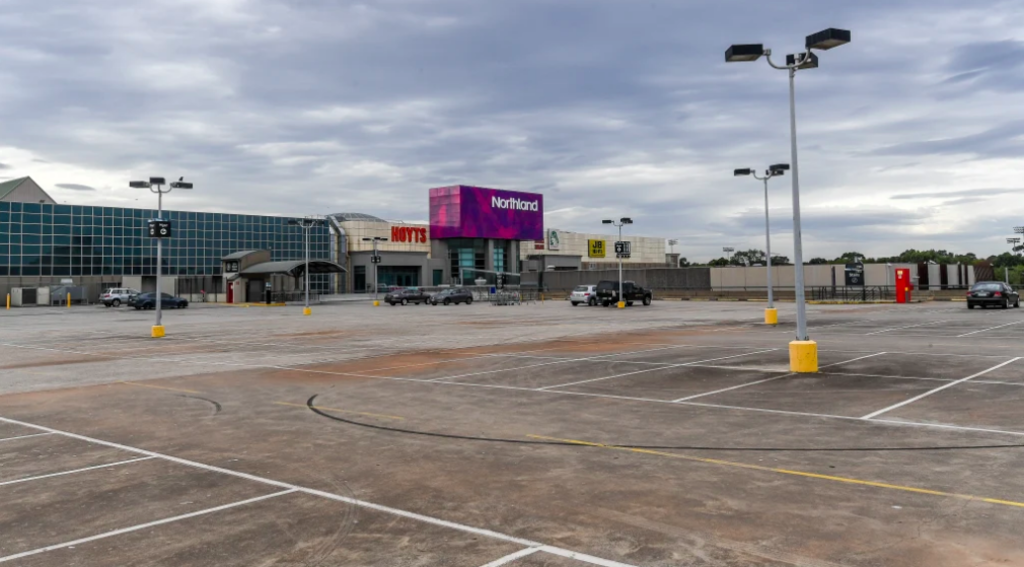
Moody's downgrades Scentre, Vicinity outlooks to negative as virus bites
Ratings agency Moody’s has revised retail landlords Scentre and Vicinity’s outlook from stable to negative, as Australia’s retail sector reels from the impact of the coronavirus.
Moody’s Investor Services said, while Scentre’s short- and long-term issuer ratings are affirmed, its “outlook has been revised to negative due to the high likelihood that further deterioration in the retail environment, caused by the coronavirus pandemic, will pressure Scentre’s revenue, income and leverage metrics”.
“The ratings affirmation reflects the retail real estate investment trust’s large and high-quality portfolio of assets, proven track record through prior disruptions in the retail landscape and solid liquidity position,” the credit rating agency said.
Scentre is the owner and manager of Westfield shopping centres in Australia and New Zealand.
“Moody’s expects deterioration in Scentre’s earnings and earnings-based credit metrics, such as net debt/earnings before interest, tax, depreciation and amortisation (EBITDA) and EBITDA/interest coverage. That said, the ongoing changes in the industry reduce the ability to forecast accurately.”
For Vicinity, Moody’s said it is also exposed to the decline in tourism.
“Vicinity is the leading retail landlord within the luxury segment in Australia,” the agency said.
“Vicinity’s largest asset, Chadstone, caters to affluent tourists from Asia and Vicinity also has a total of six shopping centres that offer luxury brands and a hotel attached to Chadstone. The reduced foot traffic will weigh on the turnover rent (the percentage of sales that tenants pay to landlords above the base rent), ancillary income and hotel bookings.”
It comes as a majority of shopping centre tenants operating in discretionary retail, such as fashion and footwear outlets, beauty salons and cinemas, are closed on government orders. The supermarkets remain open, while food courts can still sell on a take-away basis.
“We expect the pursuant deterioration in tenant credit profiles, along with government pressure, will prompt landlords to offer abatement, deferral and/or rent relief,” Moody’s analysts said.
In contrast, UBS analyst Grant McCasker has upgraded Scentre to neutral but said the unprecedented and challenging situation of the coronavirus is “undermining the viability of retail tenants’ businesses worldwide”.
“Landlords have indicated they will partner with tenants in order to “share the pain”, and this is reflected in the withdrawal of funds from operations(FFO)/distribution per security (DPS) guidance.
“In the short term this includes rental abatement to preserve retailers’ businesses. Longer term we anticipate a rebasing of specialty retailer rents 20 per cent lower.”
UBS believes Scentre’s FFO will slide 29 per cent in 2020 and by between 13 and 18 per cent over 2021-2023.
“In this period of extreme uncertainty, we expect Scentre to enter a period of capital preservation, being lower development expenditure and a lower DPS payout ratio, to ensure balance sheet flexibility,” Mr McCasker said.
Vicinity and Scentre securities both jumped 6 per cent to close at $1.035 and $1.565 respectively.
Get a weekly roundup of the latest news from Commercial Real Estate, delivered straight to your inbox!







